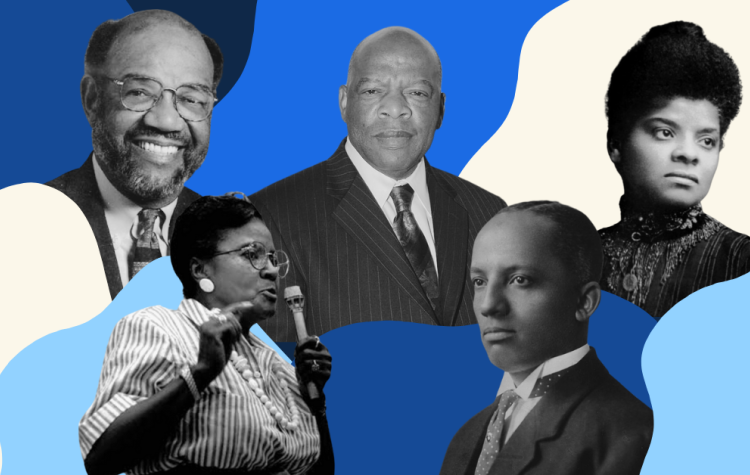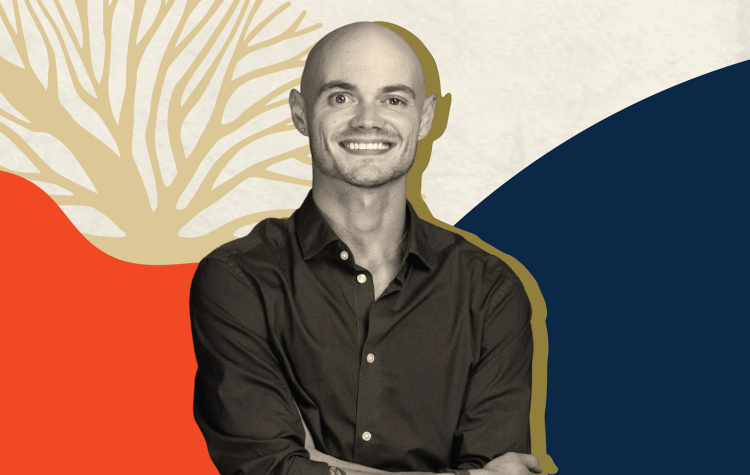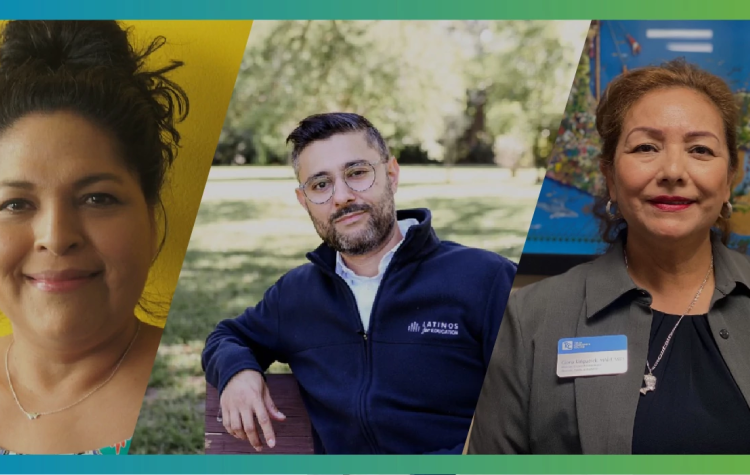By
Published
June 23, 2021
Tags
Youth Services of Tulsa (YST) has a long history of providing support to Tulsa area youth and their families to meet the dynamic, complex needs of young people aged 12 to 24. Founded in 1969, YST serves nearly 20,000 young people every year in Tulsa and surrounding communities.
While the environment for LGBTQ youth in Tulsa has become more inclusive since YST first launched, LGBTQ young people in Tulsa and across Oklahoma continue to face acute hardships. Oklahoma is known for numerous anti-LGBTQ laws, and many of these policies—such as protections for conversion therapy and restrictions on LGBTQ topics in school curricula—directly impact youth. As the only nonprofit in Tulsa focused exclusively on supporting adolescents and young adults, YST provides numerous programs specifically for LGBTQ young people across the city, including LGBTQ support groups, school-based programming, teen pregnancy prevention education, health navigation, counseling, transitional housing for runaway and homeless youth, and delinquency prevention.
Charles and Lynn Schusterman Family Philanthropies partners with YST through its Tulsa grantmaking portfolio as a part of a broader commitment to support youth, young adults and families in Tulsa to achieve their full potential. To learn more about how YST provides safe spaces for LGBTQ youth living in a state with some of the most extensive anti-LGBTQ legislation nationwide, I spoke with Gabe Lowe, YST’s Director of Youth Development.
What are some of YST's key initiatives?
One of our signature initiatives is our work supporting school GSAs, known as Gay/Straight Alliances or Gender/Sexuality Alliances. We support GSAs at 28 middle schools and high schools in the Tulsa area, helping them organize programming like an annual Queer Prom. We often have closeted youth who start attending GSA programming while identifying as an ally, but then feel safe enough to eventually come out.
Our oldest initiative is our Tuesday Night Group, a support group that has been going on since at least the 1980s. Before the internet, YST staff would go to libraries and stick cards with information about the Tuesday Night Group into books that queer youth might be reading. Because Oklahoma was and is such a deeply conservative state, participants would drive into Tulsa from rural areas because the group was the closest safe space for them.
Today, the meetings morph depending on the makeup of who attends each meeting. Sometimes it functions as a support group, while other times the group focuses on planning LGBTQ advocacy activities. Like the Gay Straight Alliances we support, the group is often a starting point that gets youth involved in our other programming.
The COVID-19 pandemic has demonstrated how vital a sense of community and connection with others is for health and wellbeing—especially for those in marginalized groups. How has the pandemic affected the LGBTQ young people you serve and what has that meant for your own planning and programs?
I cannot emphasize enough the importance of community. The pandemic has been devastating, and it has exposed how critical it is to provide spaces for LGBTQ youth to be themselves, especially in Tulsa. Even though we couldn’t gather for a long time, we leaned into getting young people the basic things they need. We delivered everything from chest binders for trans youth to blankets, food and hygiene packs for LGBTQ youth experiencing homelessness.
We also formed impactful partnerships to meet emerging needs during the pandemic. Many of these partnerships included community groups that would provide transportation for LGBTQ youth to medical appointments and social services. For example, we did a lot of work with the Take Control Initiative to give free Lyft rides to the older youth, aged 18-24, who are in our transitional living program. We also have a partnership with a newer group called Modus, which has their own shuttle service with carefully vetted drivers.
What lessons will YST be carrying forward beyond COVID-19?
We used this time to take a look at the data we’ve collected from our programs over the past several years and found that LGBTQ youth of color are underrepresented. Tulsa’s legacy of racial inequity, including the 1921 Tulsa Race Massacre, still reverberates throughout our community, and we are taking the steps necessary to understand and address how the intersections of race, gender and sexuality can further marginalize youth.
One way we are doing this is by ensuring our staff is representative of the populations we seek to serve, as we know a lot of our young people start attending our programs because they identify with the person running that group. With this in mind, we recently hired a Black LGBTQ program coordinator—and Black student participation has already increased. For example, our coordinator saw exceptional turnout at his first GSA meeting at a predominantly Black middle school in North Tulsa, with 16 students in attendance and eager to take part.
As you look to the future, what gives you hope for LGBTQ youth in Tulsa in 2021?
The young people we work with give me hope. They’re fired up, they’re eager and they’re resilient. Their leadership is ultimately what keeps our programming going and shows other LGBTQ young people what’s possible.





